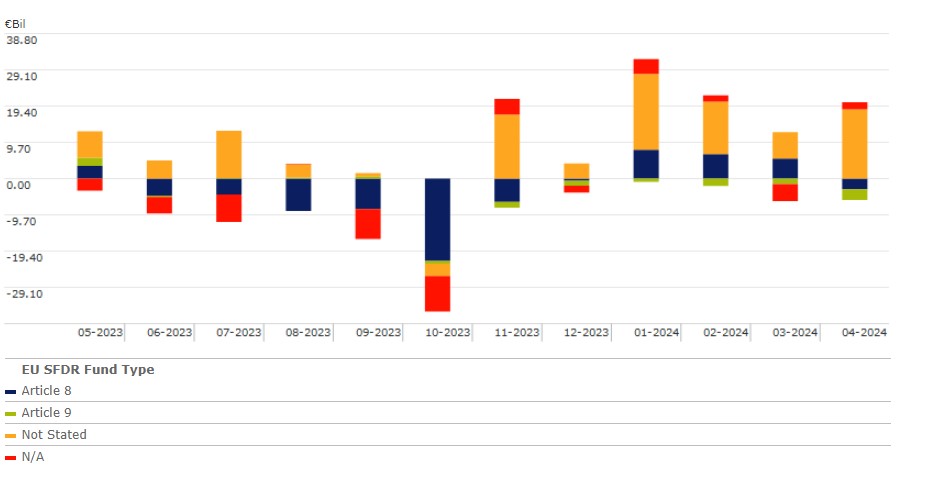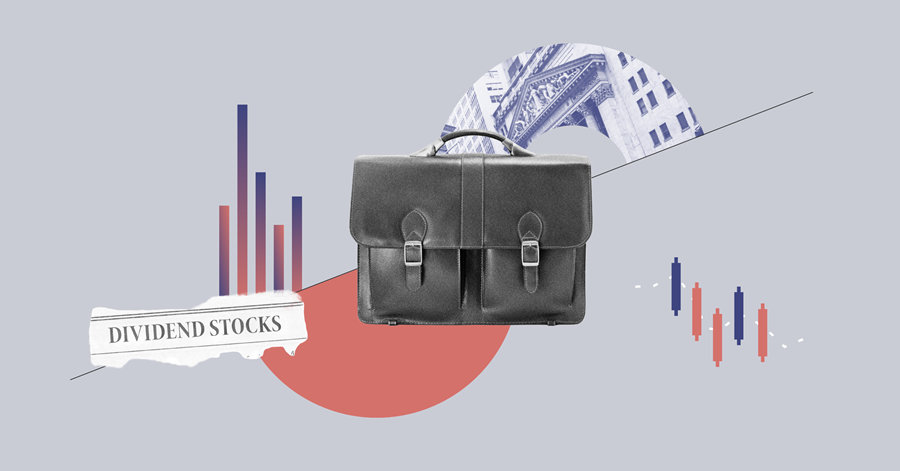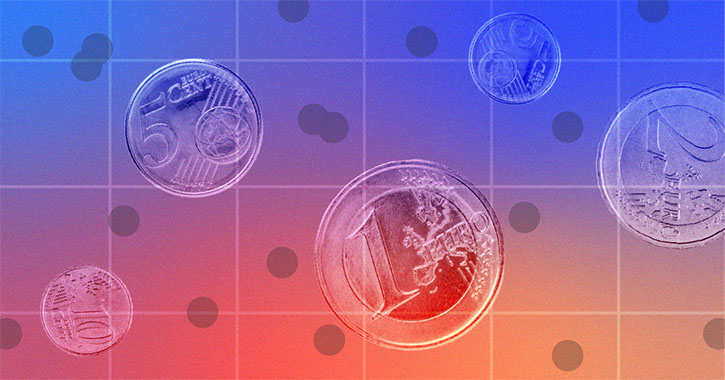:quality(80)/cloudfront-us-east-1.images.arcpublishing.com/morningstar/65ZULTM63AT4J7TRZBDQ2L7XIA.jpg) Europe-domiciled sustainable funds saw net inflows in the first four months of 2024, after struggling in 2023. As in the broader market, European sustainable funds benefited from investors' appetite for fixed income strategies amid high interest rates, while equity and allocation funds suffered outflows.
Europe-domiciled sustainable funds saw net inflows in the first four months of 2024, after struggling in 2023. As in the broader market, European sustainable funds benefited from investors' appetite for fixed income strategies amid high interest rates, while equity and allocation funds suffered outflows.
That said, only funds falling within the scope of Article 8 of the Sustainable Finance Disclosure Regulation collected new money. Article 8 encompasses "light green" funds with an environmental, social, and governance focus. These vehicles recorded net inflows of €16.85 billion (£14.24 billion) in the year to date, though flows turned negative in April after three consecutive positive months in the first quarter. Preliminary data suggest that May, again, was a positive month for Article 8 funds and final data for May will be released later this week.
Article 9 funds, also called "dark green" funds, demonstrate a sustainable investment objective. They recorded four consecutive months of outflows, bringing year-to-date net redemptions to €7.13 billion, according to data from Morningstar Direct.
The Article 8 and Article 9 fund universe encompasses open-end and exchange-traded funds. Money market funds, funds of funds, and feeder funds are excluded. Funds with no ESG characteristics are classified as Article 6, "not stated" in Morningstar Direct.
The overall postive sentiment in the sustainable investment space was mirrored by the wider European fund landscape. In total, Europe-domiciled funds gathered €67.1 billion in the first four month of the year, with each month showing positive net inflows.
Flows by EU SFDR Fund Type: 1 Year

Source: Morningstar Direct. Data as of June 12, 2024.
Fixed-Income Funds See Positive Net Flows
Article 8 fixed income funds garnered €60.42 billion between January and April, and Article 9 bond funds €4.22 billion. This compares to net inflows of €9 billion into Article 6 funds.
"The higher inflows into Article 8 bond funds relative to Article 6 bond funds may reflect investor expectations that the 'higher for longer' interest-rate environment may favor investment-grade-type of bonds, which tend to make up ESG-oriented portfolios", says Hortense Bioy, global head of sustainability research at Morningstar.
In January, financial markets had priced in that the European Central Bank will cut key interest rates five times in 2024, with a first cut in the spring. Now, expectation centrer around one or two more cuts this year, after the rate cut earlier this month. The ECB also raised its inflation outlook, which dampened hopes of monetary easing.
As for Article 9 funds, the positive flows into the fixed-income class, totaling €4.22 billion, were offset by the significant redemptions from other asset classes, most notably the record-high of over €10 billion from equity funds.
Article 8 Equity Funds Bleed Money
"Light green" equity funds also continued to encounter outflows, registering net flows of negative €19.52 billion in the first four months of the year. This category has experienced monthly net redemptions since April 2023. Year-to-date, European Large Caps were the category that saw the biggest outflows. In contrast, net inflows into Article 6 equity funds totalled €41.77 billion.
"It is fair to assume that some investors took a more cautious approach to ESG investing last year in the wake of 2022′s underperformance of ESG and ESG strategies that was partly due to their typical underweighting in traditional energy companies and overweighting in technology and other growth sectors", Morningstar's Bioy wrote in the January 2024 report SFDR Article 8 and Article 9 Funds: Q4 in Review.
Many sustainable funds take a cautious approach to fossil fuel investments, and in addition Russia's invasion of Ukraine has pushed defence stocks higher. This is reflected in indexes that capture these markets: the Morningstar Europe Sustainability Index shed 16.79% in 2022, while losses of the wider Morningstar Europe GR Index were limited to 11.11% (in euros).
Looking at the two Morningstar Indexes, 2024 starts to paint a different picture from a performance perspective: the Morningstar Europe Sustainability Index is up by 10.87% year-to-date (in euros), while the broader market slightly lags at +10.58%.
Bioy also noted that additional factors weighing on investor demand for ESG funds included greenwashing concerns and the ever-evolving regulatory environment. The wave of fund reclassifications to Article 8 from 9 under the Sustainable Finance Disclosure Regulation in late 2022, and other issues related to the implementation of the regulation, have caused confusion among investors and other market participants, she said.
Sustainable ETFs Gain Market Share
Like in the wider market, passive strategies continue to gain market share in the SFDR landscape. Passive strategies garnered €13.14 billion in the year to date, with total assets of Article 8 and 9 passive funds reaching €683 billion at the end of April.
The much bigger active SFDR universe (assets stood at €4,761 billion as of April 30 2024) also saw positive net inflows into Article 8 funds (€1.7 billion year-to-date). Actively managed Article 9 funds, on the other hand, saw €7.78 billion walk out the door between January and April.
From an organic growth perspective, Article 8 funds showed a negative 0.08% organic growth rate at the end of April for the previous 12 months. On the other hand, products falling in the Article 9 group saw a more negative 0.88% organic growth rate. Meanwhile, funds not considered to be Article 8 or Article 9 according to the SFDR showed positive average organic growth rates.
Morningstar's sustainability experts publish quarterly fund flow reports. The Q2 2024 SFDR quarterly report is scheduled to be published at the end of July.











.jpg)

















